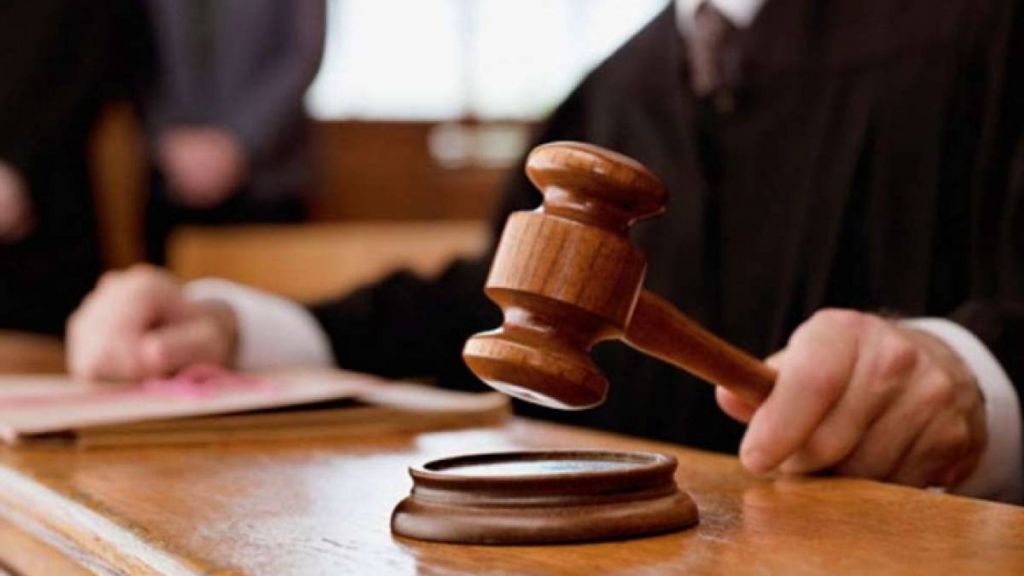
Mumbai: After the Andheri Metropolitan Court's order, the Versova police are preparing to re-arrest the accused in a rape case. On November 21, the police arrested Gunwant Jain, also known as Nilesh Mandhani, for allegedly raping a 38-year-old model.
However, the court observed that the arrest violated Section 47 of the Bharatiya Nagarik Suraksha Sanhita (BNSS) because the police failed to communicate the grounds for the arrest in advance. In this case, the police informed the accused four minutes after the arrest.
Dixit Gedam, Deputy Commissioner of Police, Zone-9, stated, "We will re-arrest the accused. Our legal team is studying the court's order, and we will take legal action against the accused accordingly."
According to police sources, the victim alleges that Mandhani spiked her drink, sexually assaulted her, and used videos of the act to blackmail her. Later, she approached the Versova police, and on November 21, the police registered an FIR under sections 376(2)(n) (rape), 328 (causing hurt by means of poison, etc.), and 506 (criminal intimidation) of the Indian Penal Code (IPC).
The next day, the police produced the accused before the Andheri Metropolitan Court, seeking police custody for medical examination and further evidence collection. However, the defence counsel challenged the legality of the arrest, prompting the court to review case records, including the FIR and the arrest documentation.
The court noted that Mandhani was arrested at 10.56 pm on November 21, but the police informed him and his friend, Junaid Ishak Khan, of the grounds for the arrest only at 11.00 pm—four minutes after the arrest. This sequence of events violated Section 47 of the Bharatiya Nagarik Suraksha Sanhita (BNSS), which mandates that the grounds for arrest must be communicated beforehand.
Additionally, the arrest panchnama revealed that Mandhani’s family members were not informed about his detention, further violating procedural requirements. These lapses prompted the court to declare the arrest unlawful, citing a breach of the accused’s fundamental rights.